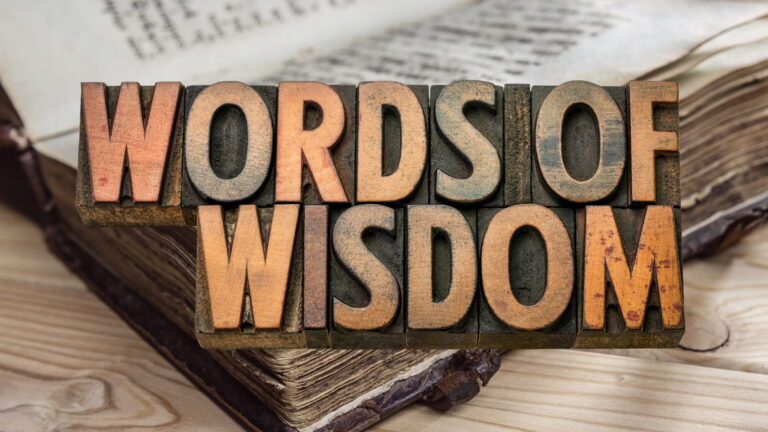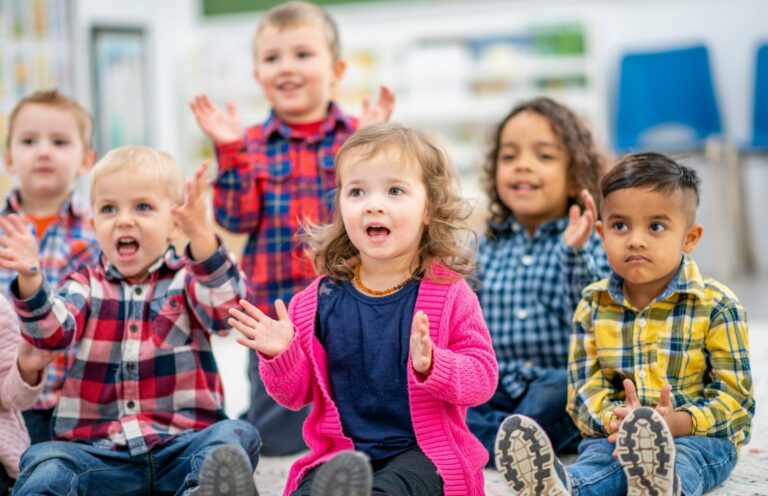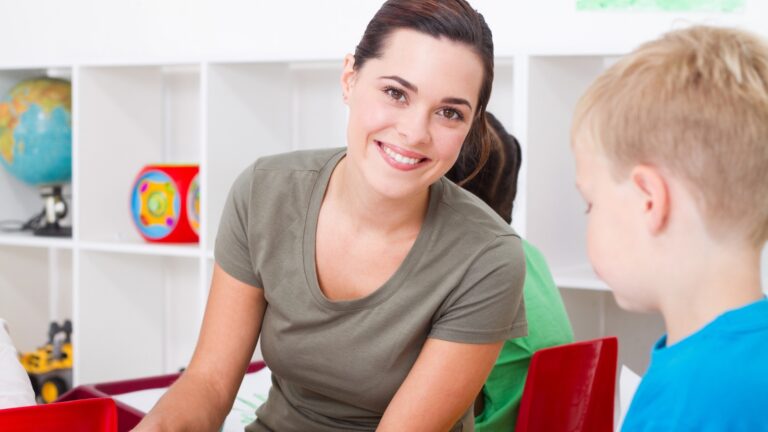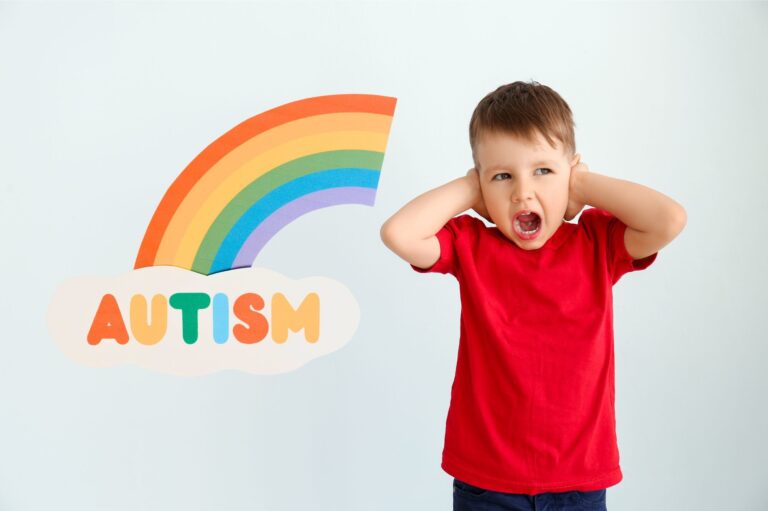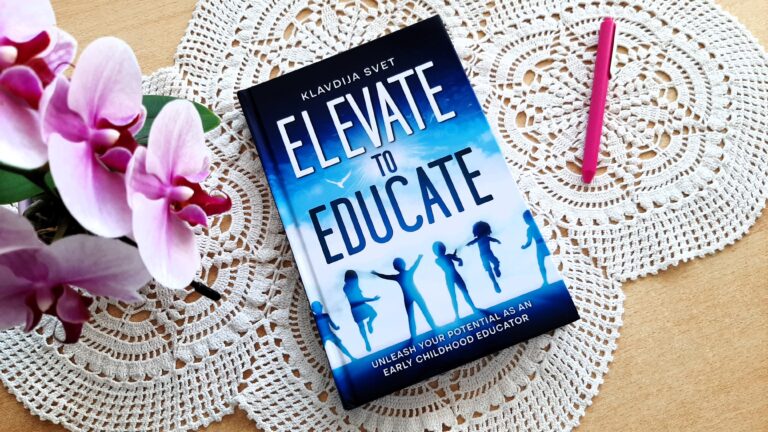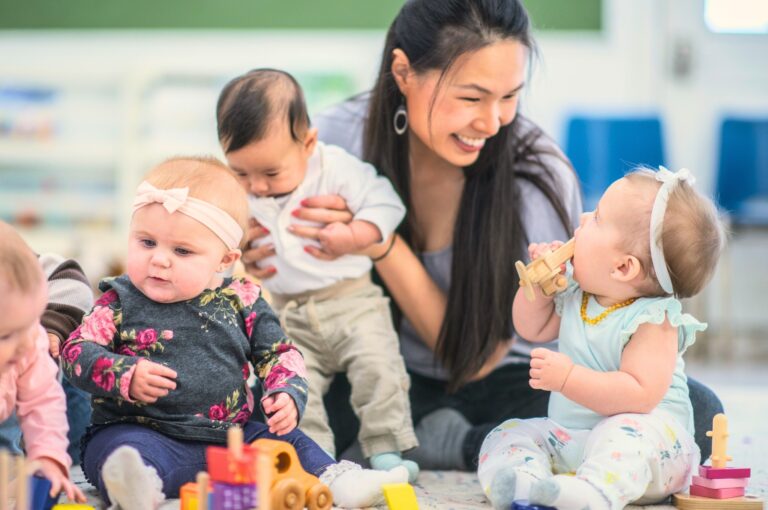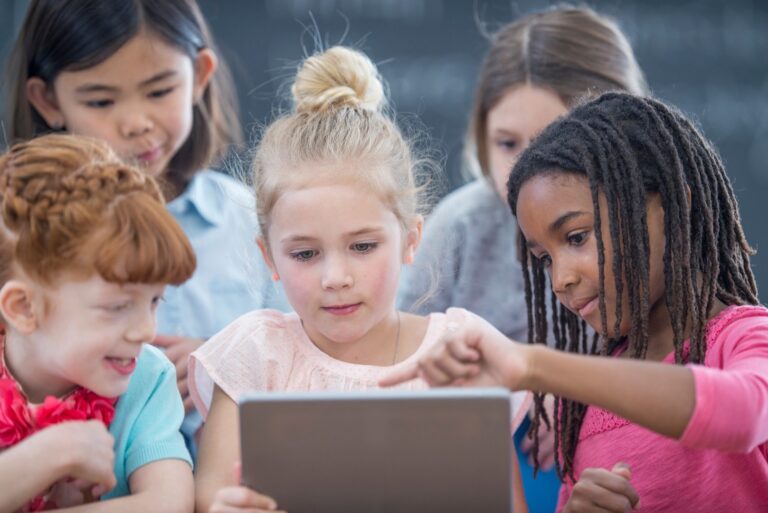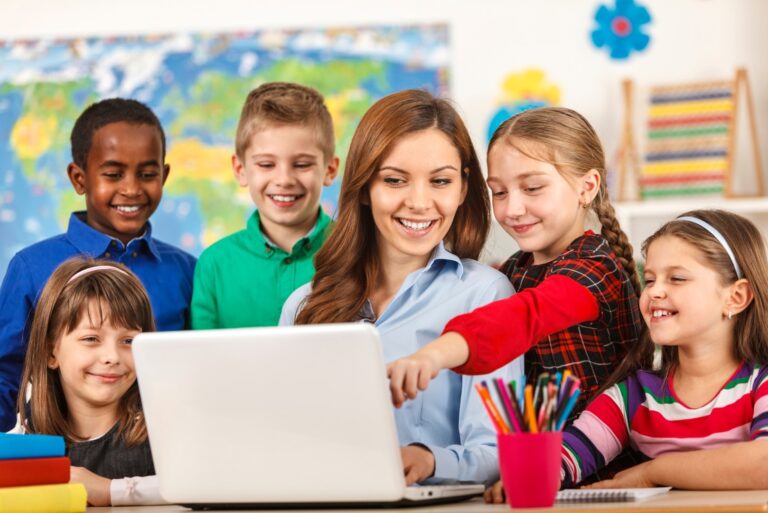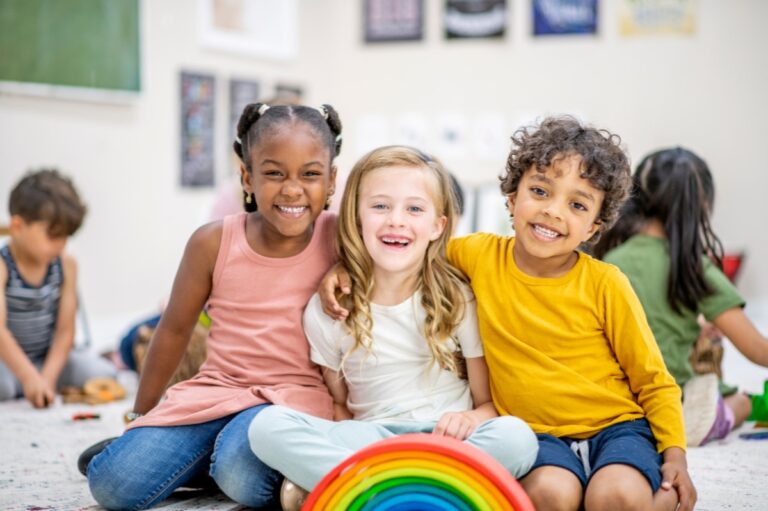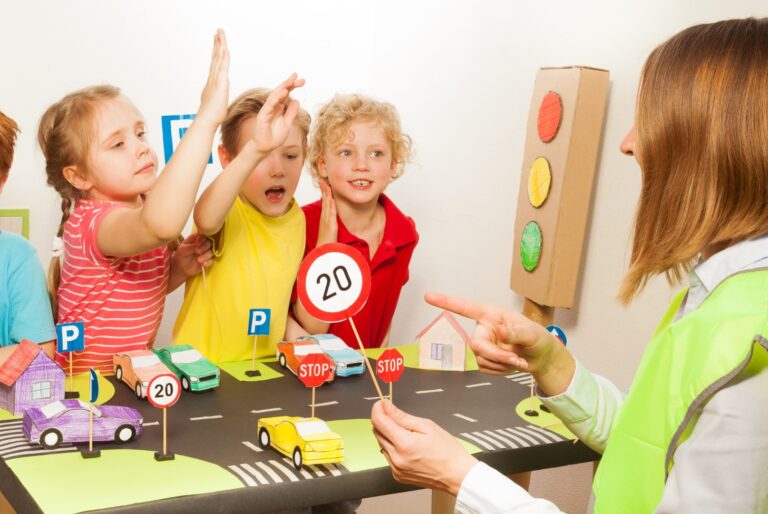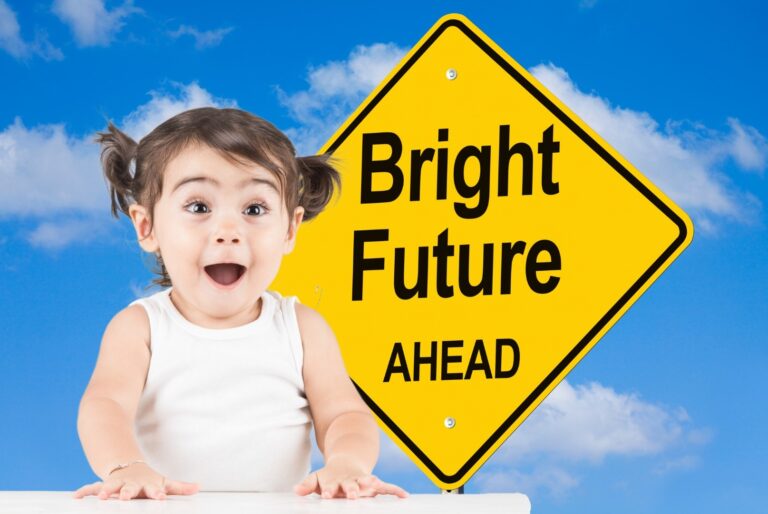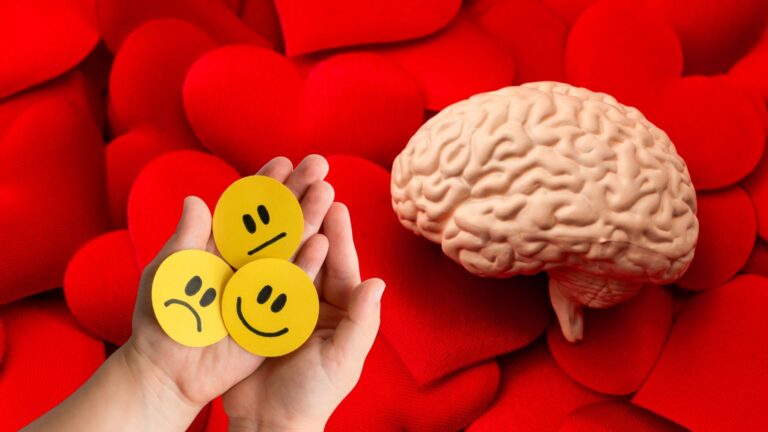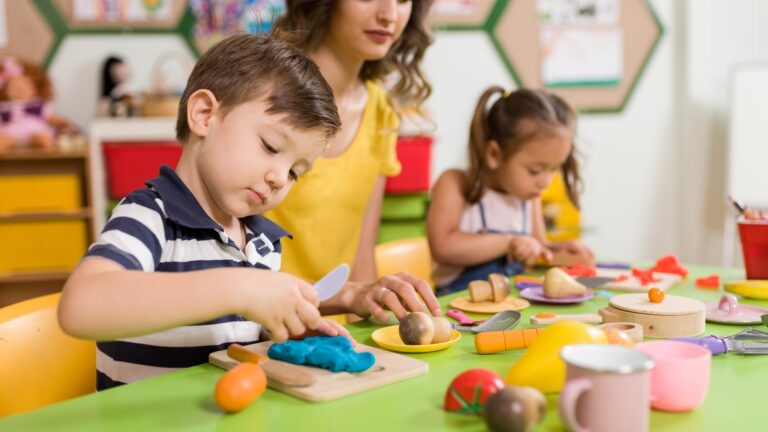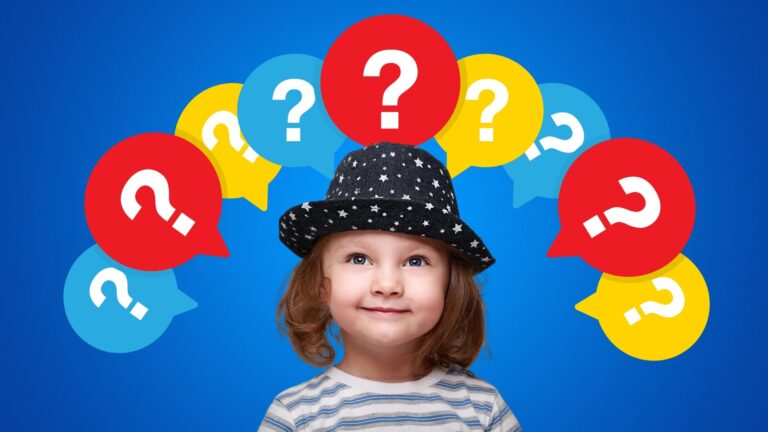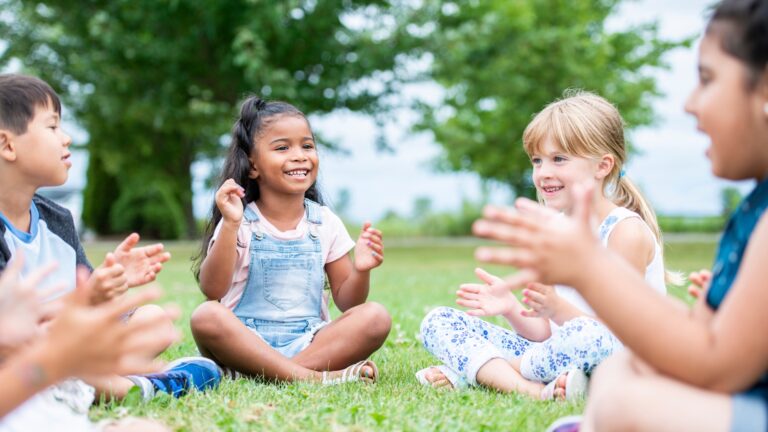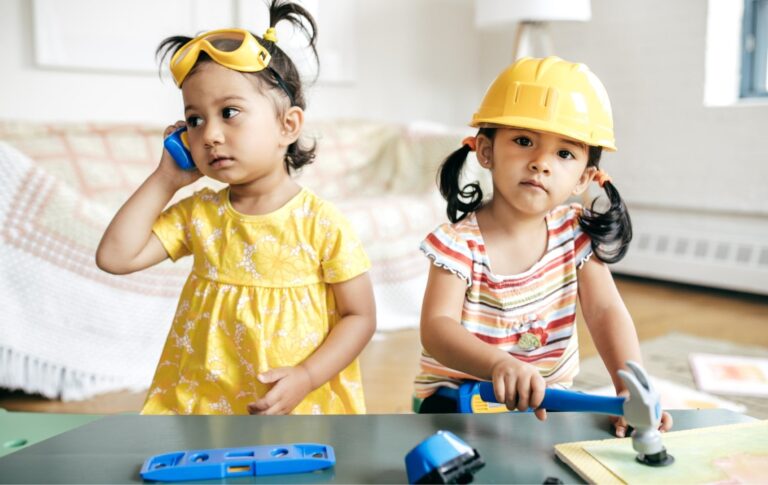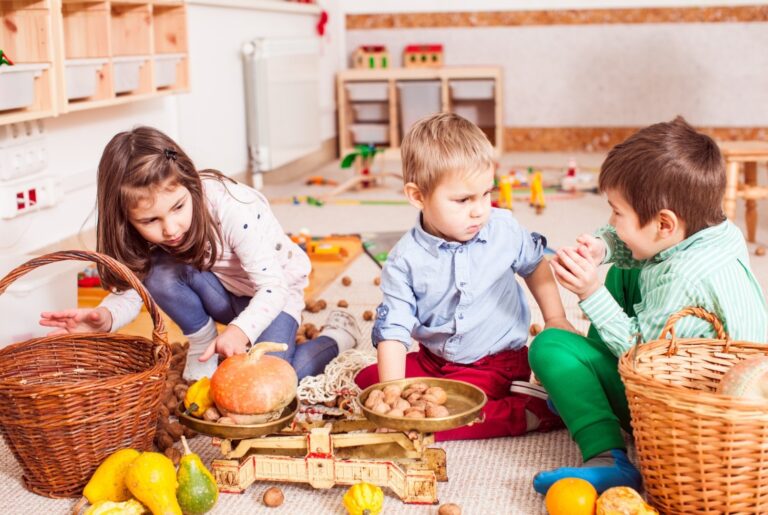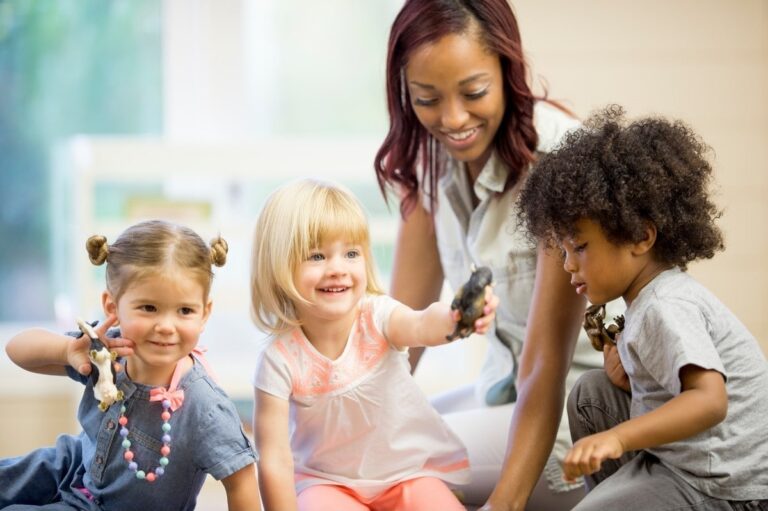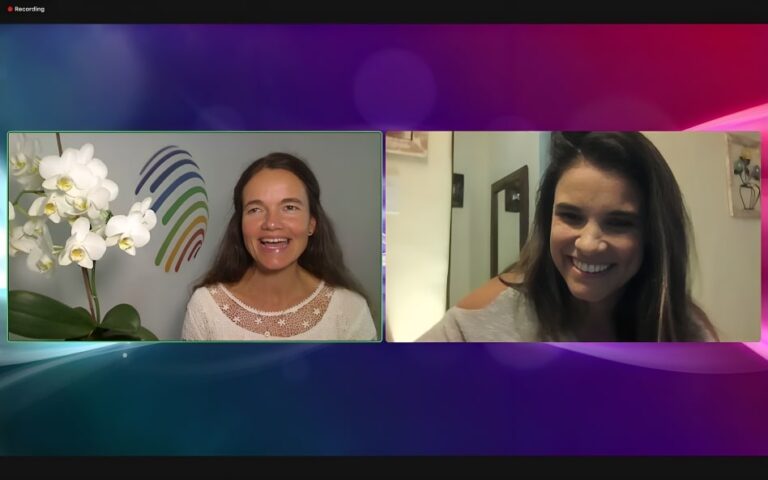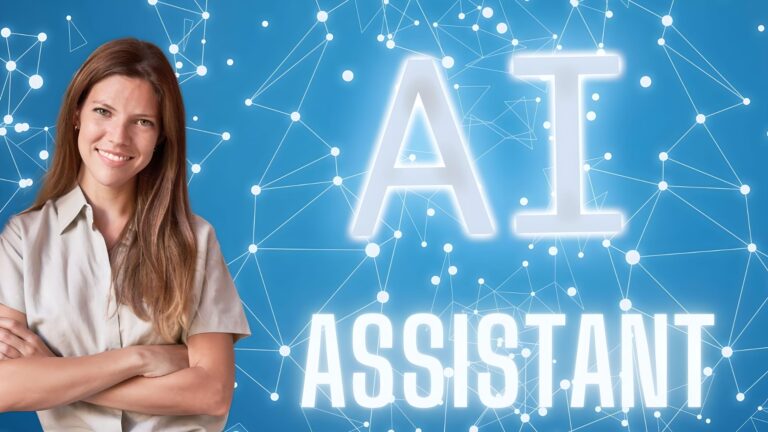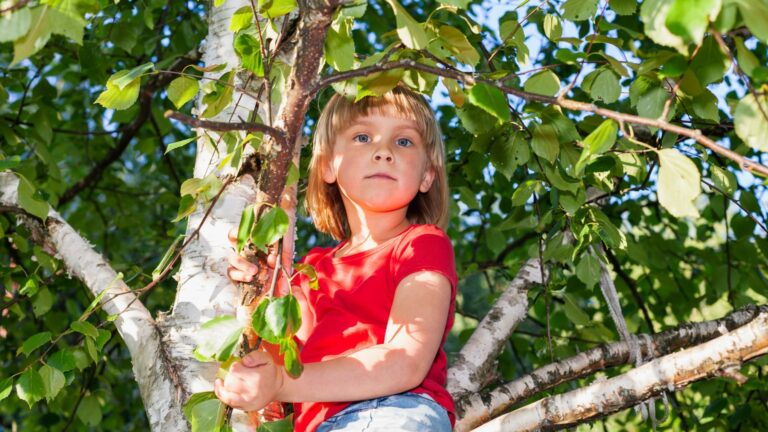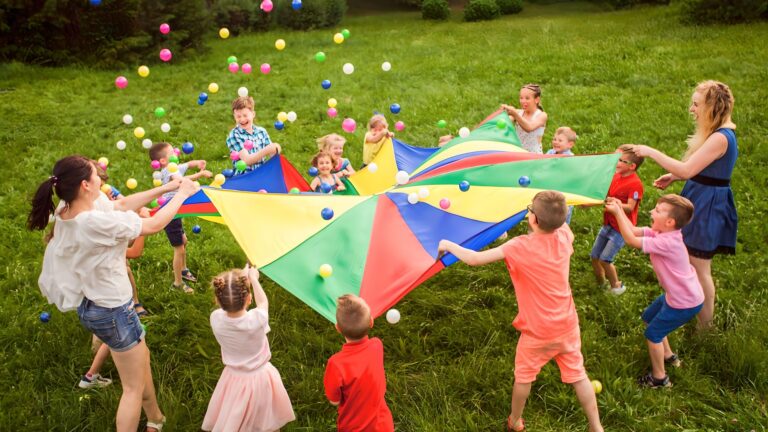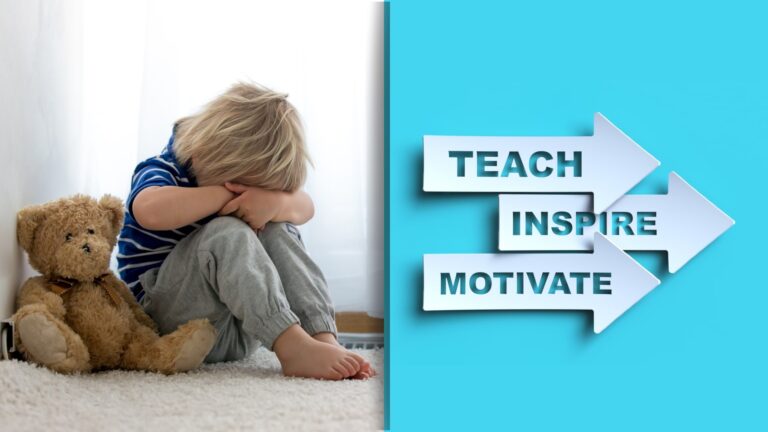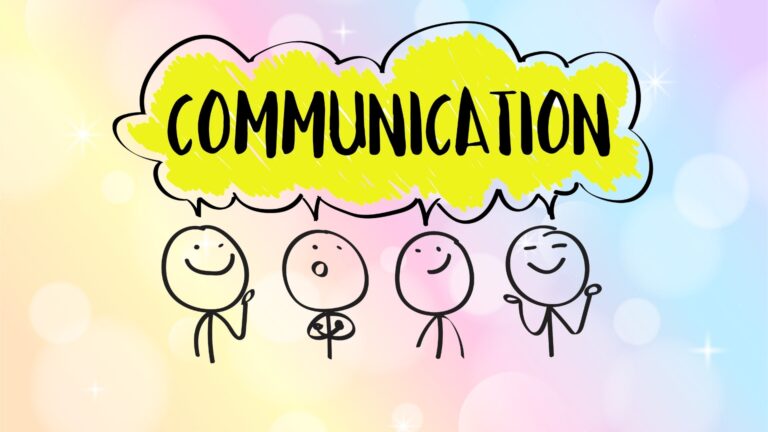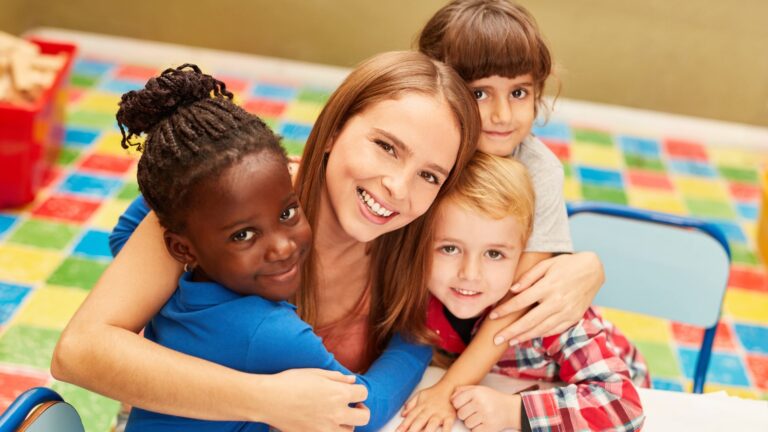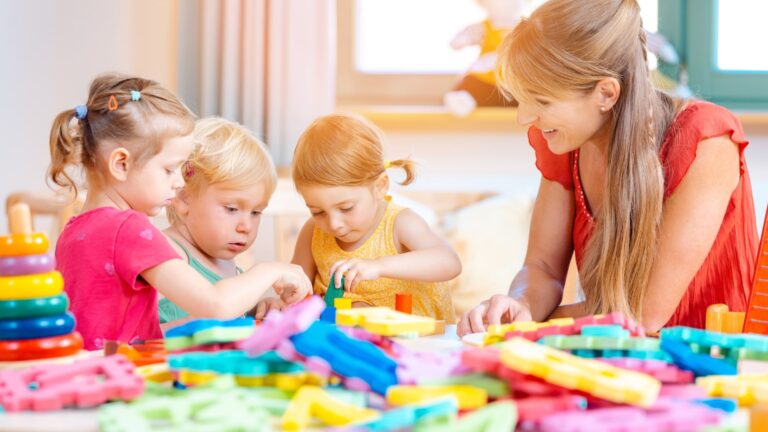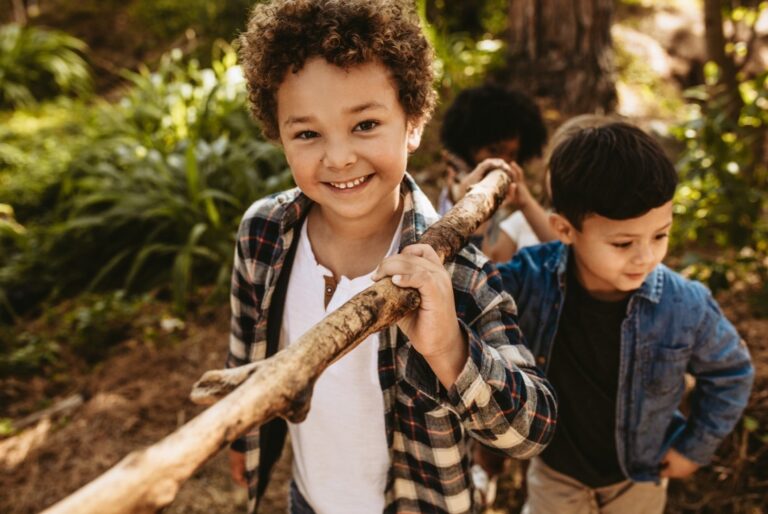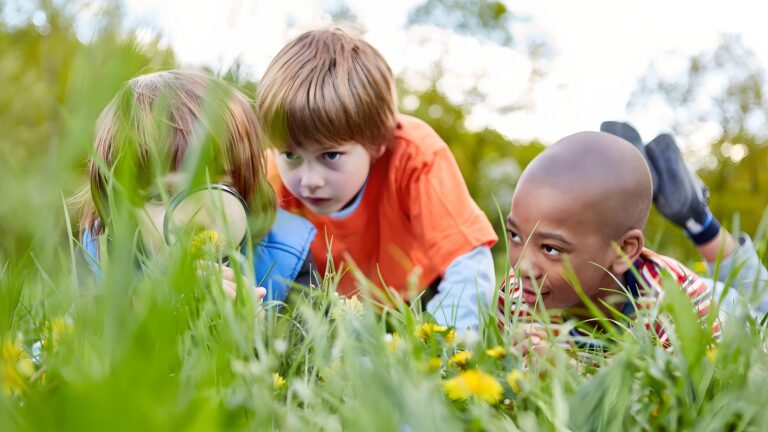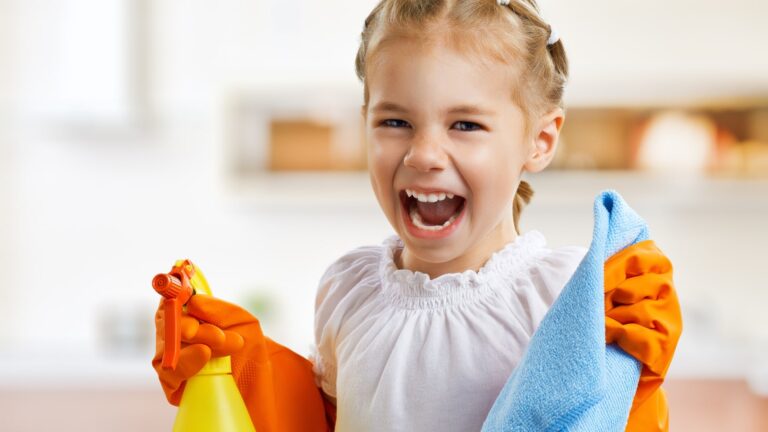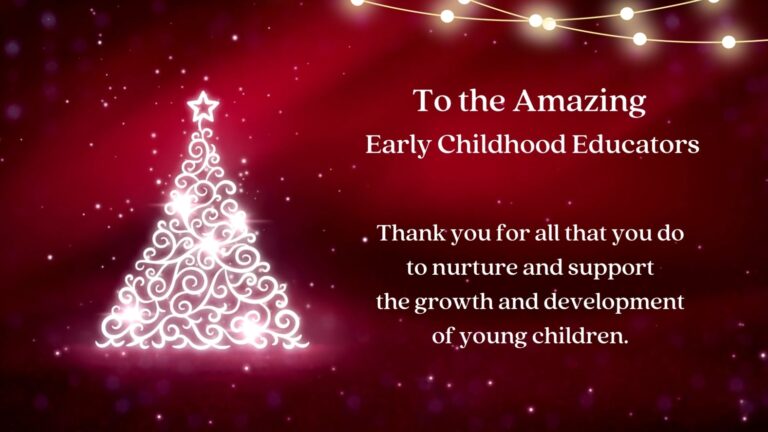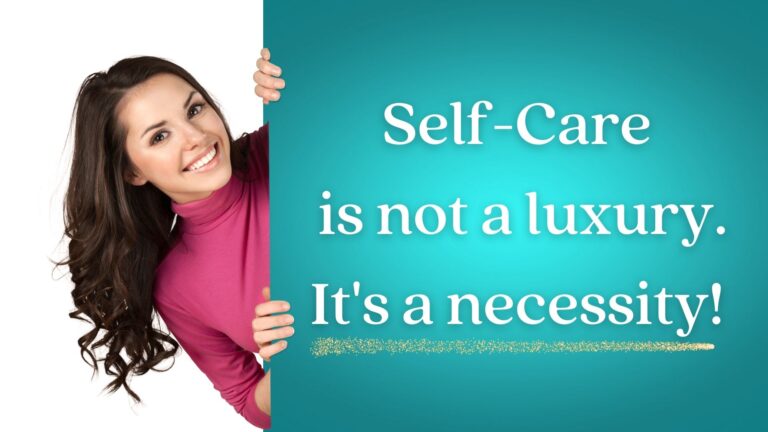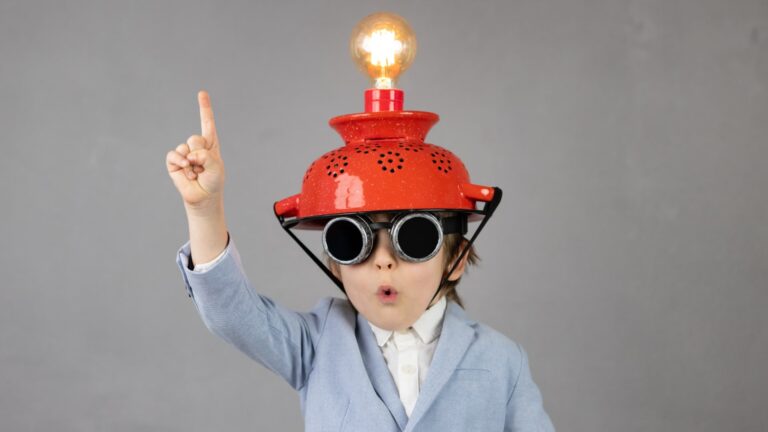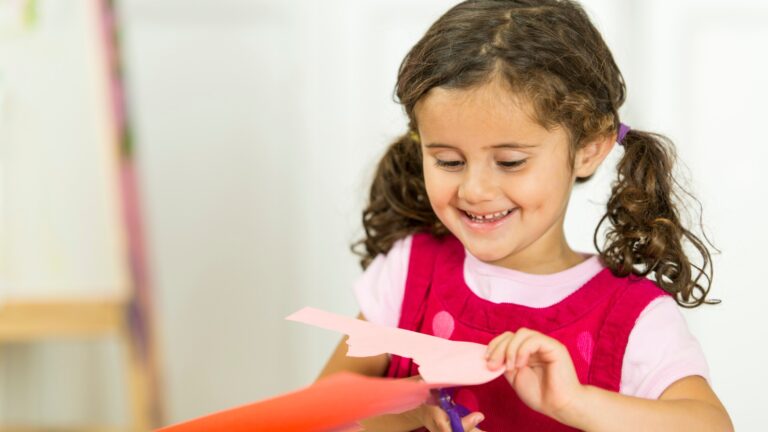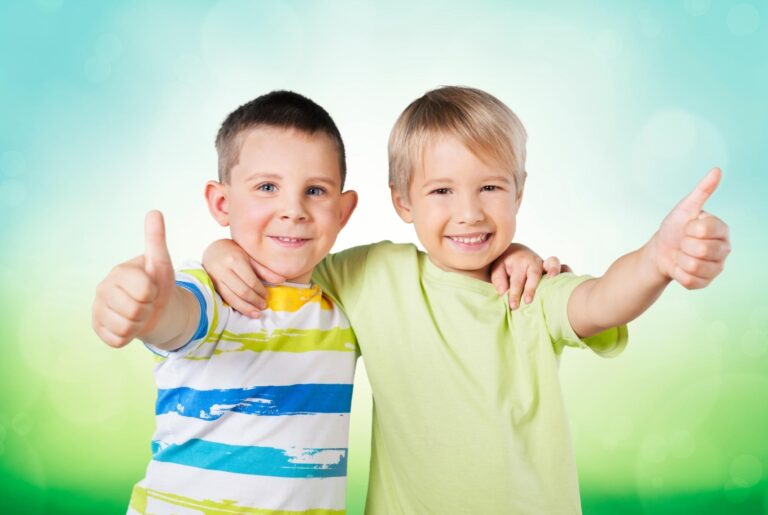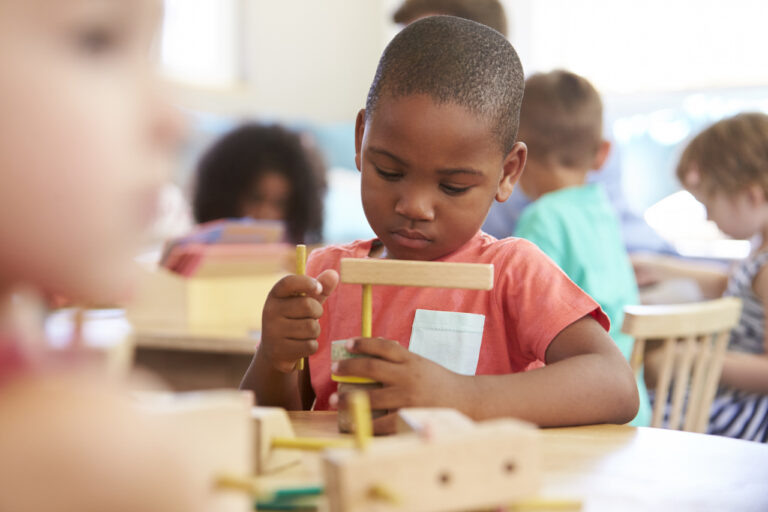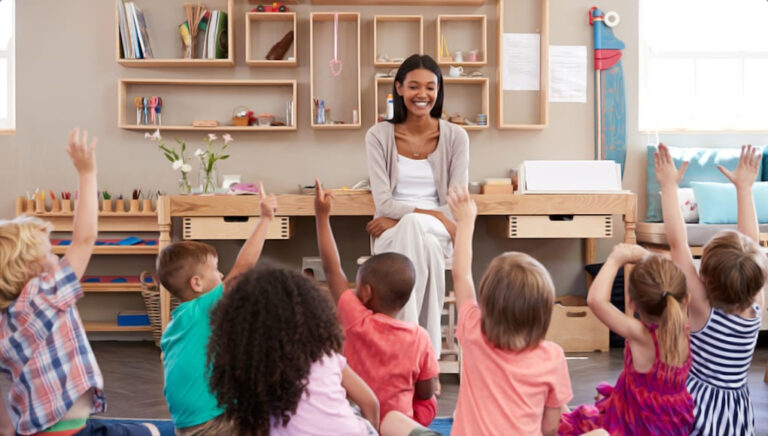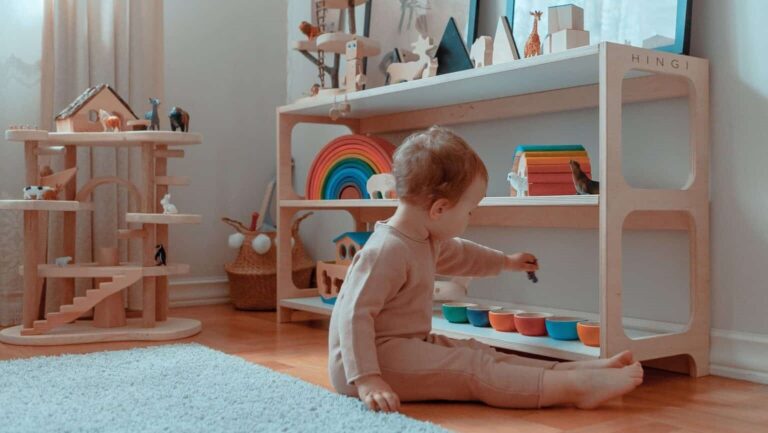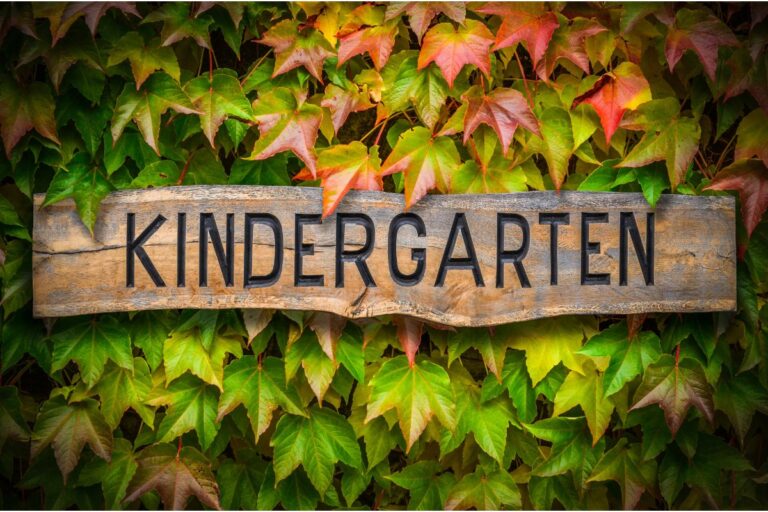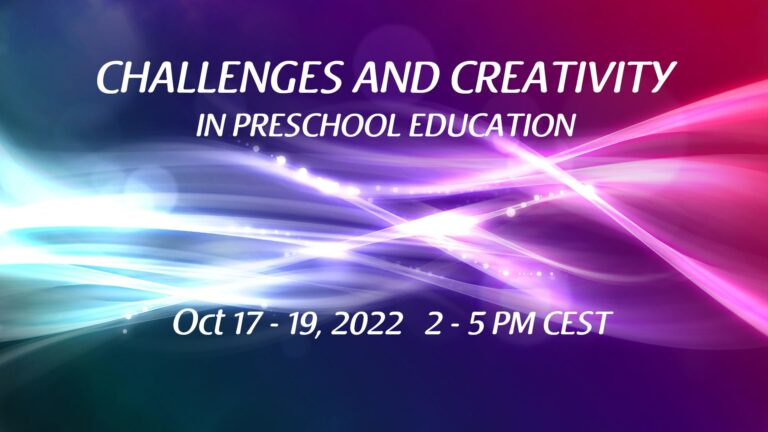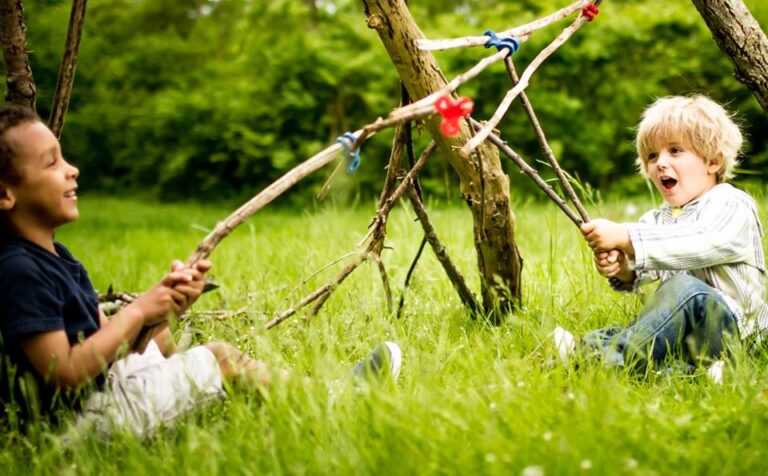-
5 Universal Truths for the Thriving Educator
In our fast-paced world of endless notifications and growing classroom demands, it’s easy to feel like you’re running on empty. We often look for external solutions—new curricula, better apps, or more time—to fix the feeling of being overwhelmed. But what if the “breakthrough” you’re searching for isn’t something you need to attain, but something you…
-
Executive Functions vs Moral Reasoning
Short version: Executive functions (EF) help children do things—control impulses, remember instructions, and switch tasks. Moral reasoning helps children understand why some actions are right or wrong. In kindergarten, we need to grow both. One builds the child’s self-control toolbox; the other builds their inner compass. This post explains the difference in simple language, gives…
-
The Resilient Educator
In early childhood education, resilience isn’t just about enduring tough days; it’s about thriving despite them. The good news? Resilience isn’t a personality trait you either have or don’t—it’s a skill you can cultivate.
Learn about the common traits of resilient teachers. -
How to Effectively Support Autistic Children
Autistic children, like all children, are unique individuals with their own strengths, challenges, and ways of experiencing the world. Autism, or autism spectrum disorder (ASD), is a developmental condition that affects how a person perceives, interacts with, and responds to their surroundings. Since autism is a “spectrum,” it means that children with autism may have…
-
Elevate to Educate Book
In groundbreaking book Elevate to Educate, Unleash Your Potential as an Early Childhood Educator, Klavdija Svet provides a comprehensive roadmap for teachers seeking to maximize their impact and find deeper fulfillment in their vital work. The book seamlessly weaves together practical strategies, scientific insights, and inspiring examples to create a holistic framework for educator development.
-
Emotional Intelligent Early Childhood Educator
As an emotionally intelligent educator, you have the power to influence and inspire those around you. Whether you’re guiding a student through a difficult moment, mentoring a colleague, or working collaboratively with a team, your ability to manage relationships effectively is key to creating a positive and productive learning environment.
-
Ideology-Neutral Early Education
When children learn in an ideology-neutral environment, they develop stronger critical thinking skills, feel more comfortable expressing their thoughts, build respect for different perspectives, gain confidence in their ability to reason.
-
How AI is Being Used in Classrooms
Imagine a classroom where learning is tailored to each student’s unique needs, where AI supports both academic growth and real-world skill development. This isn’t science fiction—it’s happening right now at schools like Alpha in Texas! Join us as we explore how AI is transforming education, freeing up time for hands-on learning, and supporting educators with tools like EduGuide.
-
Digital Detox for Early Childhood Educators
As screens become ubiquitous in our professional and personal lives, it is crucial for early childhood educators to consider the benefits of a digital detox. This practice not only fosters personal well-being but also enhances the quality of education delivered to our youngest learners.
-
Building Resilience
Resilience is a vital trait in today’s ever-changing world, especially for educators who are shaping the future by nurturing young minds and hearts. The rapid pace of technological advancements, shifting societal norms, and unexpected global events like pandemics underscore the necessity for resilience in both personal and professional realms.
-
The Digital Teacher’s Toolkit
As digital tools become more and more integral to our everyday lives, they open up a whole world of possibilities in the classroom, transforming traditional teaching methods and enhancing learning experiences.
-
Cultivating Empathy in the Classroom
Cultivating empathy in young learners is not just about fostering a nurturing environment; it’s about equipping children with the ability to understand and share the feelings of others, a skill that is fundamental to their development as compassionate, well-rounded individuals.
-
Reducing Stress to Enhance Learning
The ability to remain calm and composed, especially in challenging situations, is vital for educators. When teachers manage their own emotions effectively, they can offer more constructive responses to students’ needs.
-
The Bright Future of Education
The future of education is not just promising; it’s full of limitless possibilities. Let’s embark on this journey together, with optimism, passion, and a steadfast belief in the transformative power of education.
-
Embracing Positivity in a Negativity-Biased World
By equipping children with the tools to navigate the complexities of their inner landscape, we empower them to transcend negativity and embrace the boundless potential of positivity.
-
Nurturing Emotional Intelligence in Children
Explore practical strategies for early childhood educators to nurture emotional intelligence in children. Learn how to build trust, respond with insight, empower emotional regulation, foster communication, and create supportive environments in the classroom.
-
Educational Odyssey with Greelco
Join us on virtual tour to 8 kindergartens across 8 diverse European countries and connect with educators worldwide.
-
The Power of Open-Ended Questions
Embracing the power of inquiry is not merely a pedagogical choice; it is a commitment to sculpting young minds that are resilient, inquisitive, and equipped to navigate the complexities of the world.
-
The Importance of Play with Rules
Discover how incorporating rules into play acts as a cognitive workout, fostering creativity, social skills, and emotional intelligence. Join us on this journey through research-backed insights and best practices, as we weave a tapestry of holistic development.
-
Digital vs. Traditional Types of Play
Dive into research unraveling the lasting impact of role play, play with rules, and digital play on preschoolers’ executive function skills. Discover key findings that shed light on cognitive development, and learn how educators can leverage role play and rule-based play for long-term benefits.
-
The Importance of Role Play
Let’s delve into a topic that holds immense potential for fostering holistic development in our little learners – the captivating world of role play. As you guide these young minds toward their full potential, incorporating purposeful role play into your teaching toolkit can be a game-changer.
-
How to Nurture Executive Functions in Preschoolers for Lifelong Success
Empowering preschoolers with strong executive functions is akin to giving them a compass for navigating life’s challenges. By understanding the neurological underpinnings and implementing thoughtful strategies, educators can lay the groundwork for a future where these young learners can confidently embrace the opportunities that lie ahead.
-
The Kindness Curriculum
The Kindness Curriculum is a valuable resource for early childhood educators who want to help their students develop the skills and attitudes they need to thrive in school and in life. By teaching mindfulness practices, gratitude, generosity, and compassion, you can help your students cultivate kindness and well-being.
-
The Crucial Role of Teacher Well-being in Early Childhood Education
Since Teachers play a pivotal role in shaping the future of young minds, let’s explore the delve into the symbiotic relationship between teacher well-being, professional growth, and the optimal development of children.
-
Celebrating Success of The Global Conference on Innovative Approaches in Early Childhood Education
As we celebrate this success, we look forward to continuing the journey of innovation and inspiration in early childhood education, knowing that it is the educators of today who will shape the future for generations to come.
-
Fostering Resilience Through Play
In the realm of early childhood education, we often underscore the significance of play as a fundamental aspect of a child’s development. However, it’s crucial to recognize that playtime isn’t just about having fun; it’s a potent tool for cultivating resilience in young learners. In this article, we will delve into the fascinating connection between…
-
AI in Early Childhood Education
Artificial Intelligence stands out as a powerful tool that has the potential to empower early childhood educators in profound ways. By harnessing the capabilities of AI, educators can enhance their teaching practices, personalize learning experiences, and foster holistic development in young children.
-
Why Is Risky Play A Necessity
By engaging in challenging experiences, learners not only discover their own capabilities but also develop a deeper understanding of the world around them.
-
The Benefits of Outdoor Classrooms
Outdoor classrooms offer a transformative educational experience for young children, harnessing the power of nature to promote holistic development. By embracing outdoor learning environments, educators can provide children with the invaluable benefits of sensory stimulation, physical activity, cognitive growth, emotional well-being, and environmental awareness.
-
The Profound Essence of Early Childhood Educators
Your role in shaping the lives of young children is a sacred calling, an opportunity to sow seeds of transformation and awaken the divine spark within each child.
-
Constructive Discipline
Discipline should be viewed as an opportunity to educate and guide rather than punish. It is essential to recognize that a disciplined individual is someone who is being taught valuable lessons and given the tools to improve their behavior and understanding.
-
Tips on How to Find Common Ground
Effective communication is a vital skill for early childhood educators, both in the classroom and when working with colleagues. It’s not always easy to navigate conversations and disagreements, but by approaching them with the right mindset, educators can find common ground and achieve their shared goals. In this article, we will explore three tips on…
-
The Power of Meaningful Relationships
Prioritizing meaningful relationships in your practice can not only help promote healthy development and well-being in children but can also lead to personal and professional growth and fulfillment for you as an educator!
-
How Global Exchange of Knowledge Can Improve ECE
Global exchange of knowledge can help educators gain new insights, ideas, and perspectives, and develop their professional skills. Early childhood educators can benefit from learning about successful programs, initiatives, and approaches from different parts of the world.
-
6 Effective Strategies to Promote Problem-Solving Skills in Young Children
Problem-solving is a critical skill that helps children navigate the challenges they face throughout their lives. As early childhood educators, we can encourage and promote problem-solving skills in young children from the earliest stages of development. Here are some strategies…
-
From Building Blocks to Big Ideas
PBL projects can be a fun and engaging way to introduce young children to STEM concepts, and promote social-emotional development. This can help children to develop a love for science and math early on and build important skills that will serve them well in the future.
-
Reggio Emilia Concept of Education
Reggio Emilia is an innovative model of education that emphasizes real-life experiences, project-based learning, and a child-centered approach.
-
Raising Confident Problem Solvers
Discipline is helping a child solve a problem.
Punishment is making a child suffer for having a problem.
To raise problem solvers, focus on solutions, not retribution. Focusing on solutions instead of retribution is key to raising children who are equipped to tackle the challenges of life. -
Unlocking the Power of Early Experiences
Brain development in early years is a critical period in the life of a child, as it lays the foundation for future cognitive, emotional and social development. Research has shown that the experiences children have during this time have a profound impact on the development of their brains.
-
Merry Christmas and Happy New Year
To all the early childhood educators around the world who nurture and support the growth and development of our children, we extend our warmest wishes for a Merry Christmas and a Happy New Year. Thank you for all the good work that you do. We deeply appreciate it.
-
How Can We Feel More Love in Our Life?
Love is our true nature, but because we are so disconnected from ourselves, we are feeling a lack of love in our lives. Here are a few ways how you can increase love in your life…
-
How Can Early Childhood Educators Best Take Care of Themselves?
Self-care is essential for maintaining physical, mental, and emotional well-being, and early childhood educators should make sure to carve out time for activities that help them relax and recharge.
-
The Benefits of Child-led Activities in Early Years
Child-led activities are child initiative activities. It is an activity or play that is emerging from a child and the adult is following the child’s lead.
Child-led doesn’t mean let them do whatever they want.
They are are win-win solutions for all. -
Top 50 Christmas Decoration Ideas
Holidays are fast approaching, and we all want them to be perfect. To save you a little time, we have put together a list of the Top 50 Christmas Decoration Ideas that you can make together with your children, colleagues, or family members. The environment is important. But the most important is how we feel…
-
How to Reise Emotionally Intelligent Children
We can help children develop emotional intelligence by verbalizing expressed emotions, showing empathy, by modeling appropriate ways to express feelings and teaching problem-solving skills.
-
Understanding Challenging Behaviors
Have you ever found yourself with a child or children who behave inappropriately; children who interrupt, grab, push, refuse to share, or just won’t cooperate? You may feel overwhelmed and frustrated but difficult behavior does not only limit your effectiveness but it also limits a child’s chances for success in school. Why do children behave…
-
How to Calm an Upset Child
Teaching children how to regulate their emotions is an important part of Early Childhood Education. Children need to learn how to deal with their feelings in an appropriate and healthy way.
Expirieces kindergarten teacher Cindy presents helpful strategies to calm down an upset child. -
Montessori and Autism
Many children with autism struggle to communicate and need help developing basic skills, such as pointing (at something that they what or need) and joint attention (making eye contact). Structured teaching and working with speech therapists can help children develop this skill.
-
7 Strategies to Get Your Children to Do Want You Want!
We all want our children to develop to their full potential and be happy, responsible, and successful when they grow up. But that will not happen if we don’t set boundaries. Here are 7 strategies for setting boundaries.
-
How to Improve Executive Function Skills?
Good learning environments are proven to help children establish executive function skills which will serve them throughout their lives.
-
Kindergartens without the walls – Forest Kindergartens
The number and popularity of forest kindergartens around the world is growing because of the positive benefits they have on children’s health and development.
-
How to Get Children’s Attention Every Time?
Every kindergarten teacher needs to be a good manager of her classroom. One of the indicators of that is how successful she is in getting childrens attention when necessary. But that can be sometimes challenging a spacialy for new kindergarten techers.
-
The Importance of Whole Child Development
Whole child development seeks to engage children in the whole of their being and potential. It assumes that each child arrives at this world with their own set of talents and interests that are to some degree completely independent from the child’s upbringing.
-
Good News about Stress
Do you know that harmful effects of stress on your health are not inevitable? How you think and how you act can transform your experience of stress. It is not about seeing glass half empty or half full. The question is: “How heavy is the glass of water?”
-
International Conference for Kindergarten Teachers
Challenges and Creativity in Preschool Education – International conference for kindergarten teachers
-
How to improve preschool programs?
Preschools should overall focus more on the positive sides and give children the freedom to talk, influence and move that will prepare them for life.
-
Be Happy and Resilient – No Matter What!
In today’s world it’s a challenge to be happy. Yet, everyone and everything is affected by the state we are in, the way we feel. So let’s get happy and resilient, by knowing that happy people don’t have the best of everything – they make the best of everything!

